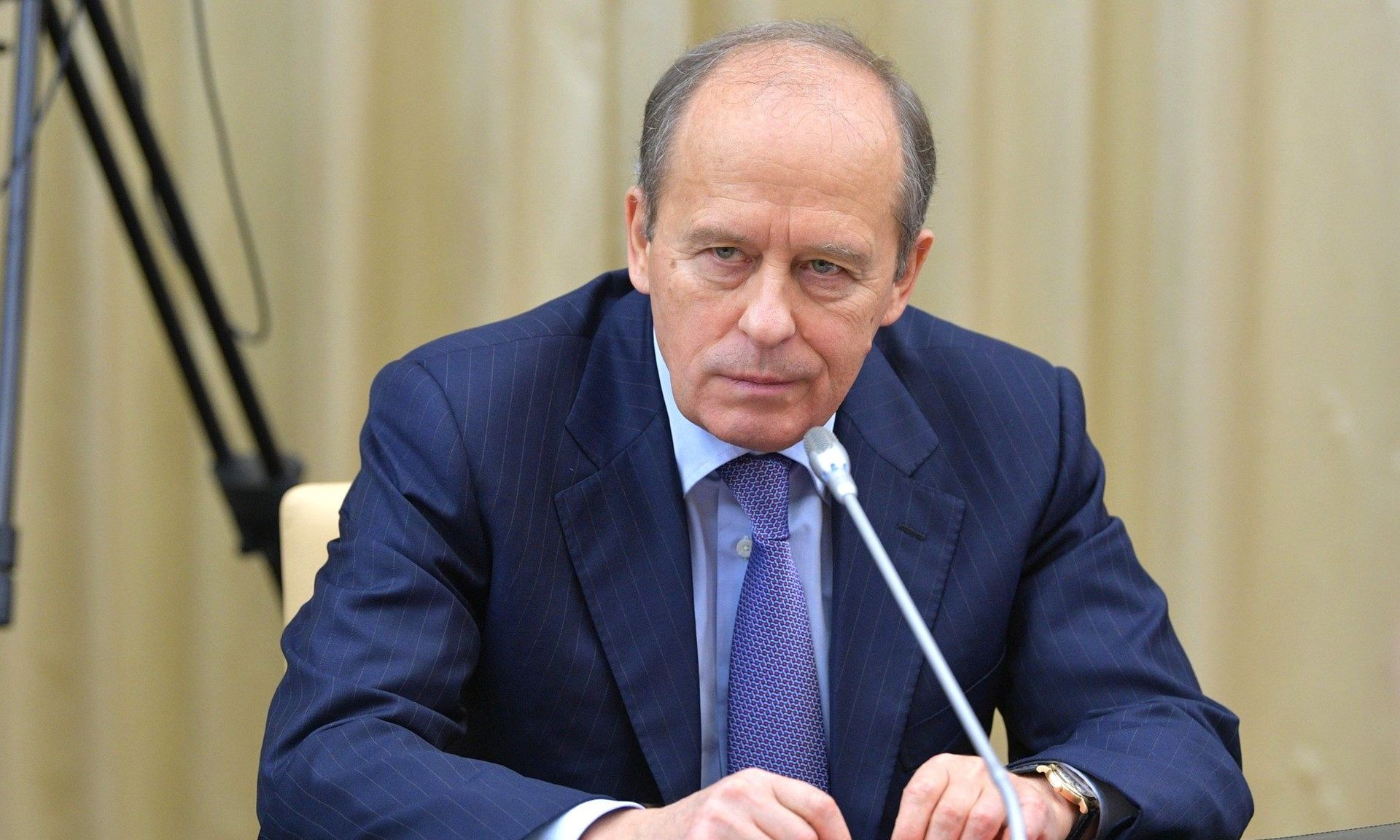Alexander Bortnikov, head of Russia's FSB security agency, said Wednesday morning that Russia would work with the United States to bring criminal hackers to justice.
Bortnikov spent the day speaking at the Moscow International Security Conference, where he emphasized cybersecurity risks to critical IT infrastructure, a worry in line with growing international concern about hackers disrupting critical services.
"We are taking actions within the framework of the agreements that were implemented by our presidents. So we will work together, we hope for reciprocity," he said, answering a reporter's question, as quoted in Russia's state-run RIA news service.
Obtaining Russian cooperation in the fight against cybercrime is considered by most experts a critical component of deterring cybercrime in general and ransomware specifically. Russia is believed by United States and international officials to deliberately avoid investigating cybercrime originating within its borders directed to foreign nations, creating an environment where ransomware operators can attack businesses, governments and other targets with impunity.
Hacker groups believed to be located in Russia designed ransomware used in recent incidents at meat processor JBS and the Colonial Pipeline, a key vector for petroleum distribution along the East Coast. The ransomware incident at Colonial Pipeline caused a brief shutdown of services, leading to reported gasoline buying frenzies. Both JBS and Colonial reportedly paid multimillion-dollar ransoms to restore functionality.
While the Biden administration sought Russian cooperation on cybercrime issues during the recent meeting between President Biden and Russian President Vladimir Putin this month in Geneva, there may be two complications in any plan. Sources familiar with United States thinking on the matter believe Russia has in the past used information shared about domestic criminals as a recruitment tool, and Russia has been known to push the boundaries of other reciprocity agreements, using Interpol to pursue dissidents for example.




